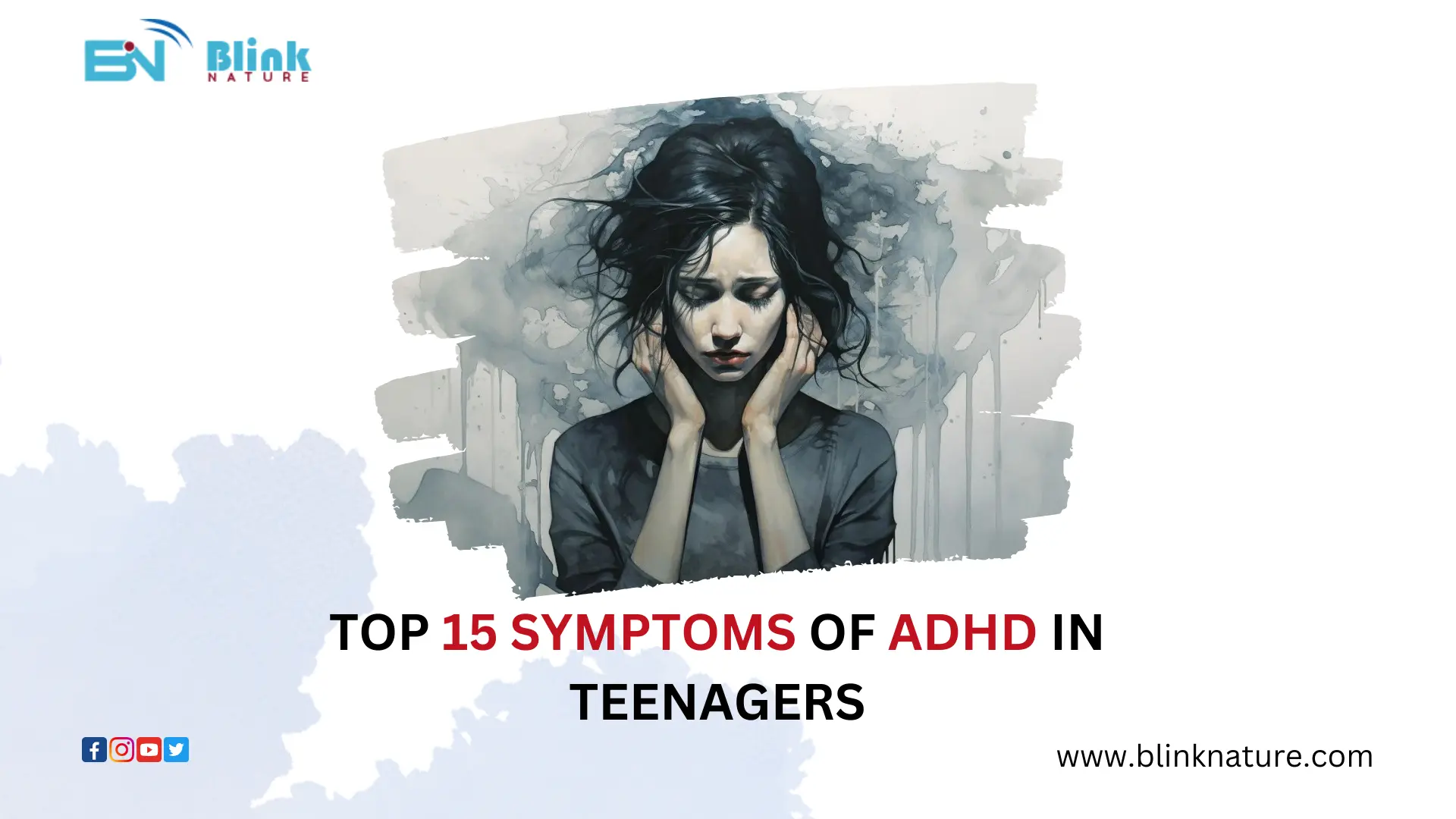
Attention deficit hyperactivity disorder, or ADHD for short, is a type of neurodevelopmental disorder that makes it difficult for an individual to concentrate, follow instructions, sit, or standstill.
However, the symptoms of ADHD in Teenagers and adults look different for the different age groups.
Medications and some behavioral therapy can manage attention deficit hyperactivity disorder but can not treat it completely.
ADHD in Teenagers can be diagnosed if they experience some of the following symptoms:
According to the reports, the Centers for Disease Control and Prevention (CDC) suggest that boys are more prone to ADHD than girls. Although ADHD symptoms between girls and boys can differ and the only similarity it holds is that it can make the life of both genders far more complex.
The phase of adolescence can be more difficult if you have attention deficit hyperactivity disorder. It can increase the risk of the following situations:
One can easily be diagnosed with ADHD during their childhood days. Sometimes we tend to confuse ADHD with other mental disorders such as anxiety, depression, sleeping disorders, hearing and vision problems, learning disabilities, mood or personality disorders. Therefore, it becomes essential to diagnose the condition correctly and start the treatment accordingly.
According to the mental health manual released by the national mental health institute; it suggests that we can categorize ADHD into three types such as:
According to the reports, approximately 15% of teenagers have attention deficit hyperactivity disorder (ADHD), affecting 65 % of their daily lives. Therefore, it becomes mandatory to manage and treat ADHD. Your mental health professional will suggest you the following medications along with some behavioral therapy to relieve you from ADHD symptoms more effectively:
Medications for ADHD
Your doctor will prescribe you the minimum possible dose according to your health condition and will further adjust your medicine dose as and when required.
Behavioral therapy for ADHD includes:
Some changes in your lifestyle and medications and behavioral therapy can do miracles in managing the situation. You can adopt the following changes in your lifestyle and manage the condition with ease:
During adolescence, almost every child strives for independence. Teens feel they are self-sufficient, but in reality, they need some support from their parents to understand them and answer all the questions they are fighting within. The following are some ways you can help your teen cope with ADHD: